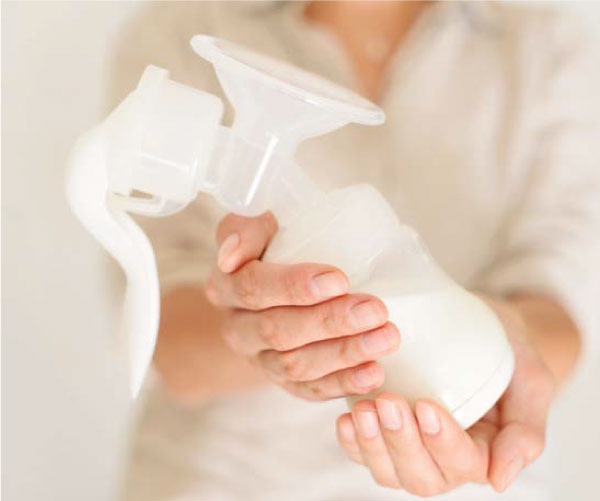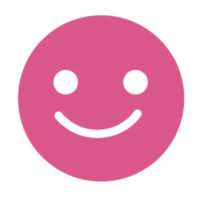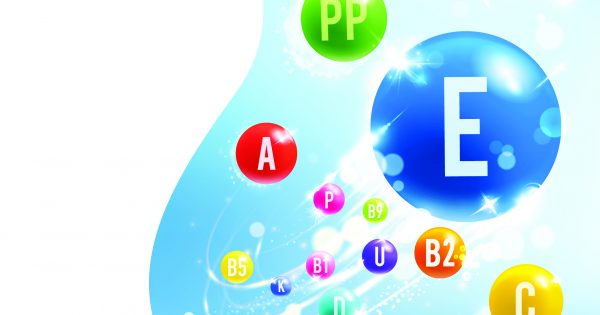Your baby needs proper nutrition which can be achieved simply by exclusively breastfeeding him for the first six months from birth, with continued breastfeeding recommended until two years of age.
This article is a continuation from the previous issue of Positive Parenting Guide Volume 3, 2017, on insufficient milk supply and breastfeeding in public places. This round, we look at problems such as interference from family members and difficulties in expressing breast milk.
Mrs C: Addressing interference from other family members
“My in-laws were always quite accommodating, however, when my child was born (it was also their first grandson), things started to become a little strained. My mother-inlaw was constantly fussing over him and would criticise some of my decisions, such as breastfeeding. In her mind, breastfeeding alone was not enough and she kept asking me to feed him with formula milk at night. It took some time before she accepted that breastfeeding was the best – this involved many ‘meetings’ between my husband and I, with her and several times when we dragged her to our doctor’s appointment so that he could educate her on the benefits of breastfeeding.”
“Finally earning my mother-inlaw’s approval to breastfeed my baby was a bittersweet moment. It had helped to strengthen not just my bond with my baby but also made my mother-in-law more open to my ideas and suggestions on how to raise him.”
“It was a very challenging time that left me feeling mentally drained after each confrontation but I am glad that I stuck to my decision to breastfeed my baby. It also helped that my husband was always there to provide me with moral support and to give me the confidence to persist in breastfeeding our baby.”
Prof Dr Poh:
Breastfeeding has so many advantages to offer both mother and infant. However, successful breastfeeding requires the support of both your partner and your family members. Initially, it can be very tiring and draining (both emotionally and physically) so emotional support and even help with household chores (e.g. cooking, cleaning, laundry) will go a long way towards ensuring that breastfeeding can continue for as long as possible.
Breastfeeding is also by far the best and simplest method for baby and mother to bond. It is hands-down the best food you can offer your baby, as it provides baby with all the nutrients he needs, and even helps protect him from illnesses. What is truly unique about breast milk is that its composition changes every day to meet baby’s growing needs. Lastly, in today’s challenging economic climate, breastfeeding is a smart move as it saves you money too!
Puan D: Expressing breast milk
“Most working mothers have to contend with a different set of problems such as how to ensure that their breast milk doesn’t run out. The simplest method I found was to express breast milk while I was at work, and store it for later use. At least this way, I could still ensure that my baby can get his supply of breast milk, even when I’m busy at work. Of course, there are other problems to get around, such as finding a place to express and safely store the expressed breast milk, in order to get it home safely. If you are a first time mother or never tried expressing breast milk before, you should check with your doctor for advice on how to proceed. There are also a lot of different types of breast pumps in the market – my advice is to check for reviews before you buy one. You can check online or ask friends or colleagues who have used them before to see which you would prefer.”
“Expressing breast milk has given me the confidence to concentrate on work. I no longer have to worry that baby is not getting his breast milk even though I am away. It also means that I am able to continue breastfeeding him after going back to work, and another benefit is that he will have enough expressed breast milk to last, even if I have to travel due to work for a few days.”
“Recently I had to go on a two day business trip and it was quite a hassle to have to find a time and place to express breast milk during the trip. I was also quite upset as I had to discard most of the expressed breast milk since I was travelling by plane and did not want to risk spoilage.”
Prof Dr Poh:
As women make up a large percentage of the workforce, expressing breast milk and storing it properly is not only a useful skill to learn, it is essential in order to continue breastfeeding baby up to six months and beyond. In addition to this, storing breast milk also enables you to allow someone else such as your partner to feed baby or to keep as an emergency store of milk.
Learn the Right Techniques
Just like breastfeeding, expressing breast milk requires some practice. Spend some time getting the hang of using your breast pump while in the comfort of your home. This way, you won’t need to waste any time fumbling with the equipment when you do need to express breast milk for real.
Another item to consider is storing and labelling the expressed breast milk. Care should be taken to store the expressed breast milk properly in order to minimise spoilage. This can be achieved by either refrigerating it immediately or storing it in a cooler bag with ice packs (this allows you to keep it for up to 24 hours provided you ensure that the ice packs are in contact with the milk containers at all times and you limit how often you open the cooler bag).
Be sure to label each package or container the milk is kept in with the date and time it is expressed. When stored in the refrigerator, it can be kept for up to three days – if frozen, it can be kept for up to three months (use within 24 hours after thawing). Discard if there was a power outage leading to them thawing or if they have been kept for more than three months.
As you can see, breastfeeding is not without its challenges, but you should keep at it. Don’t be afraid to speak to someone about the challenges you face – you are not alone! Many other mothers out there face the same challenges, so take heart and persevere. Know that with lots of patience and perseverance, you can breastfeed successfully!
An educational collaboration with Nutrition Society of Malaysia.









Comments